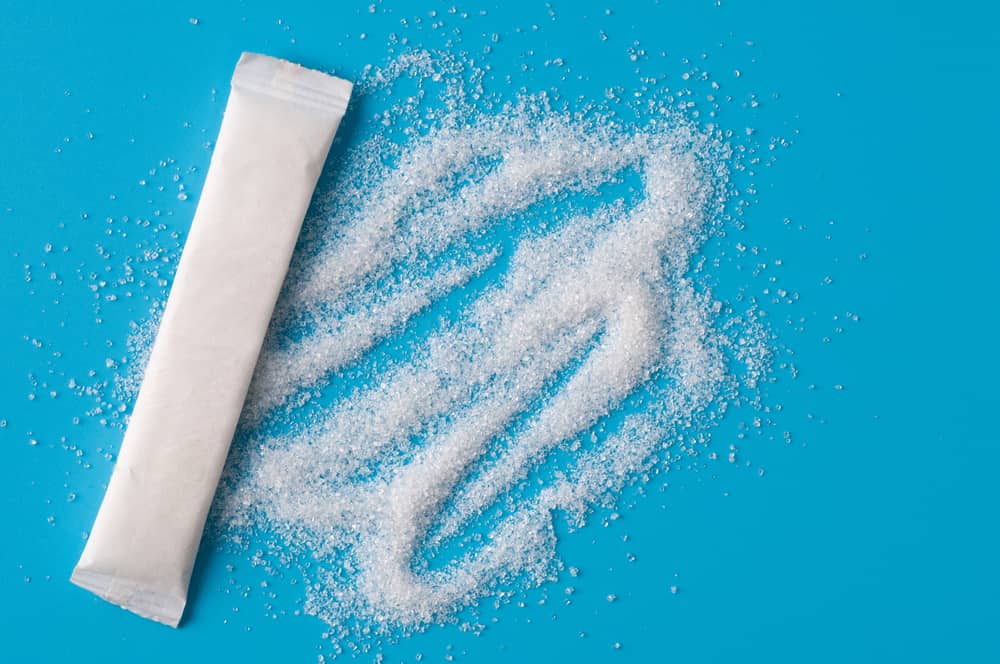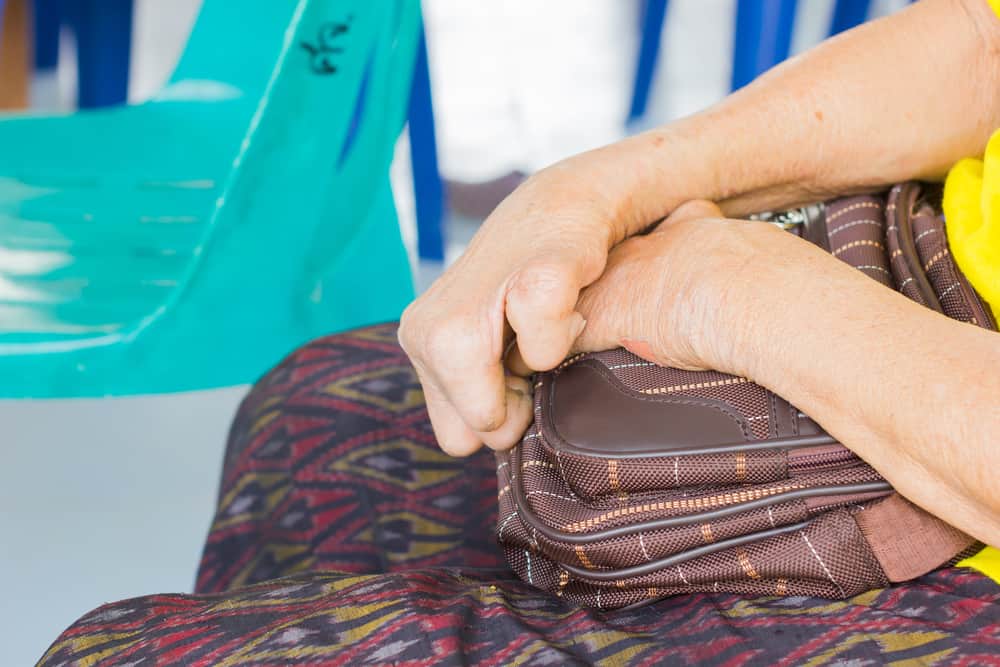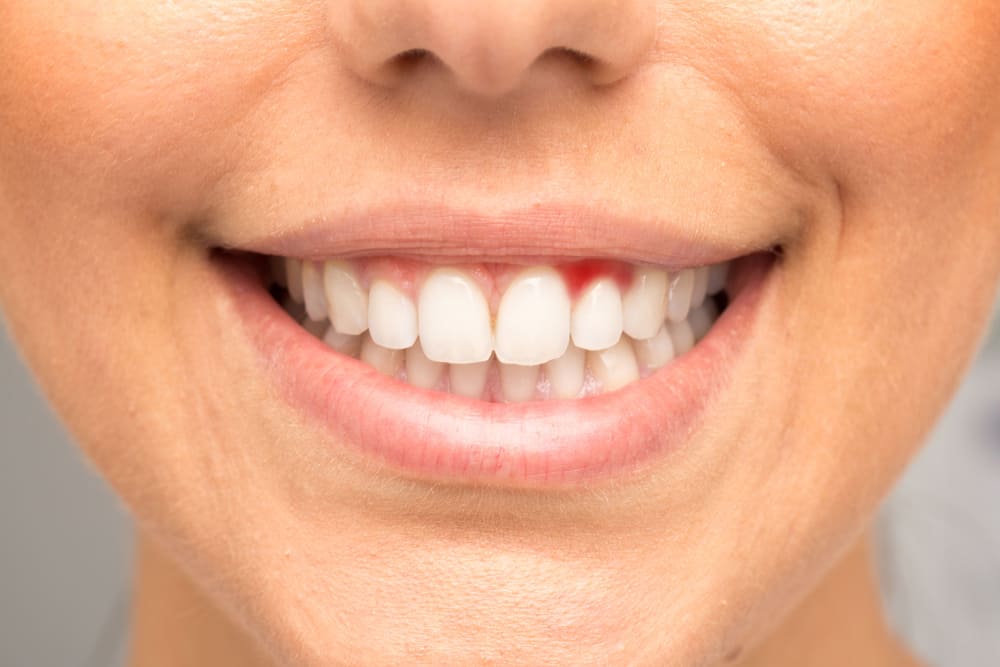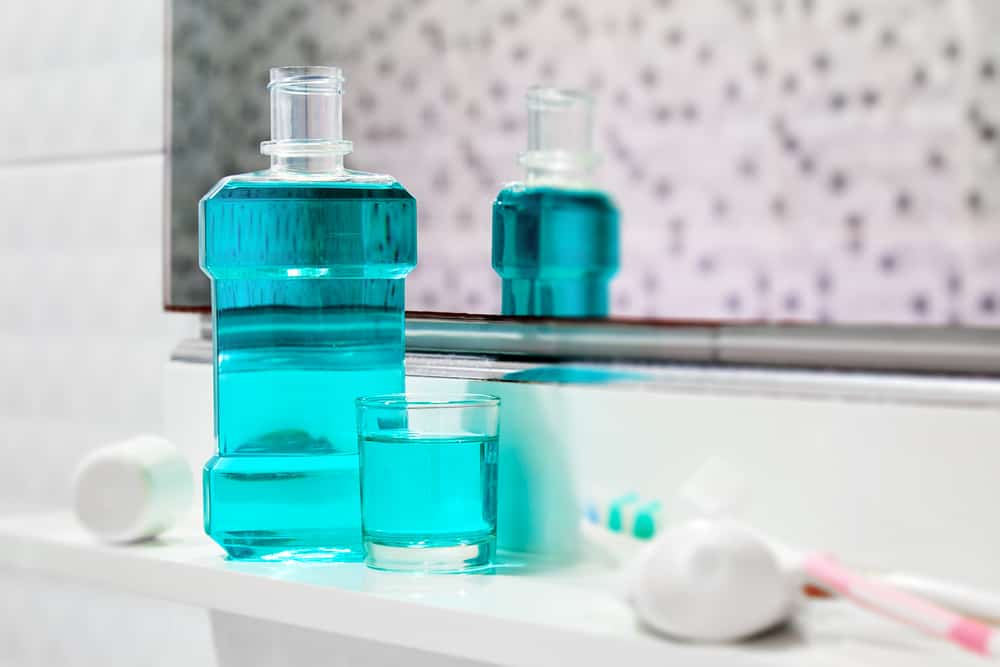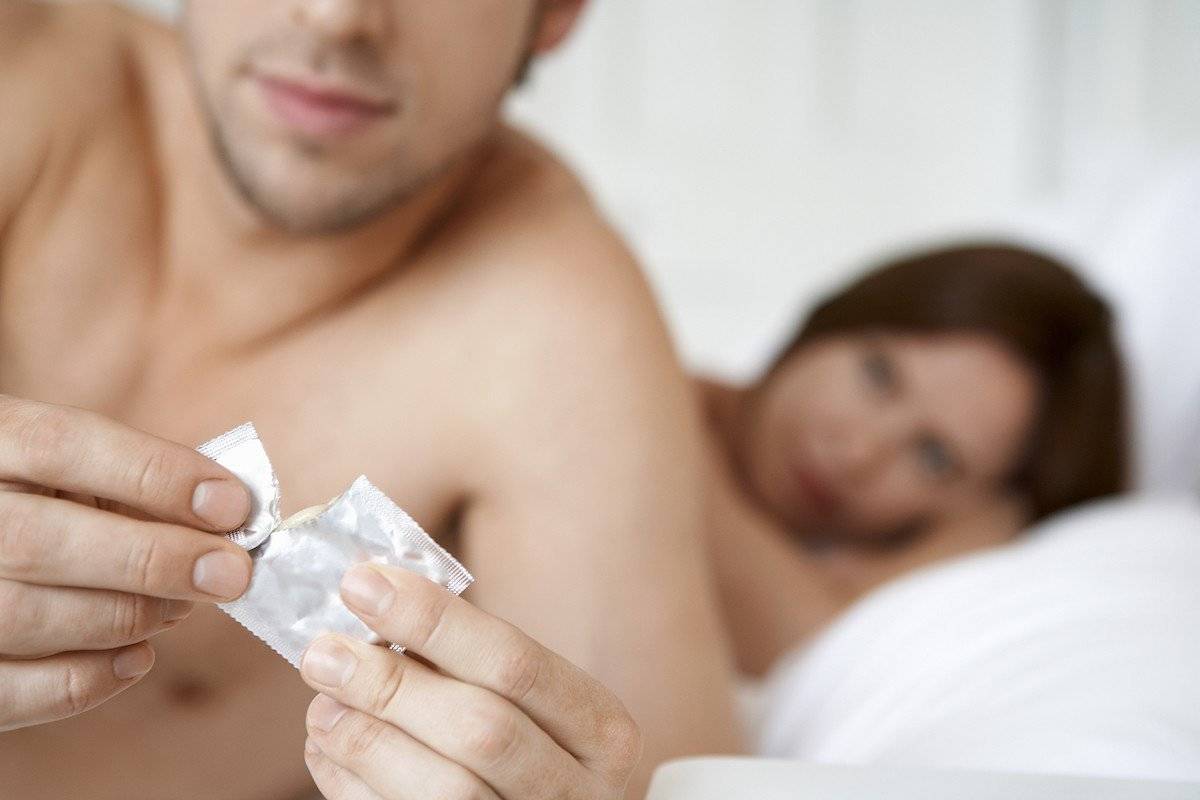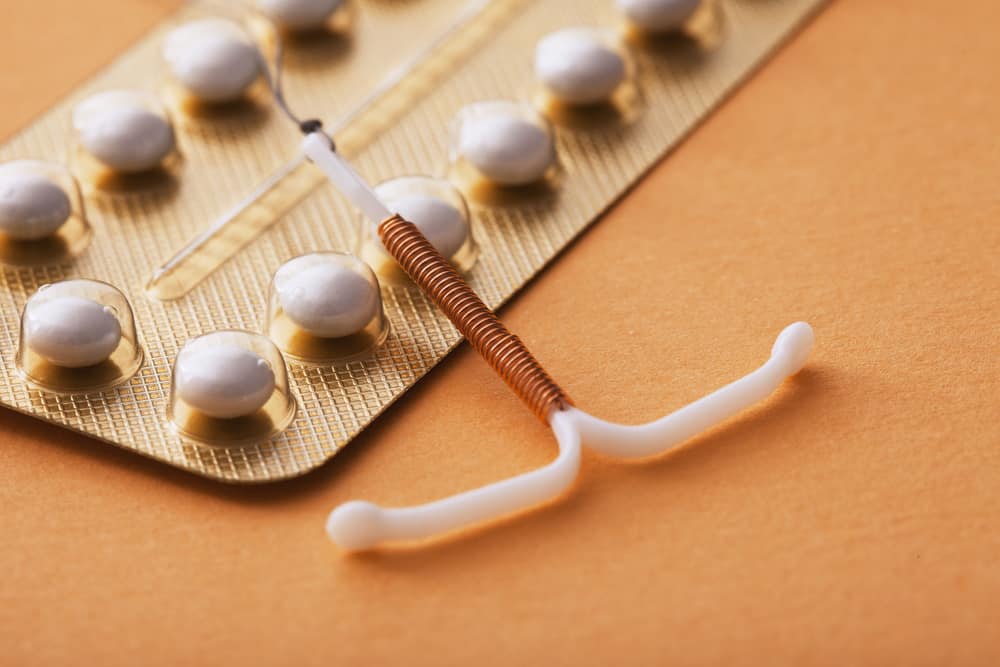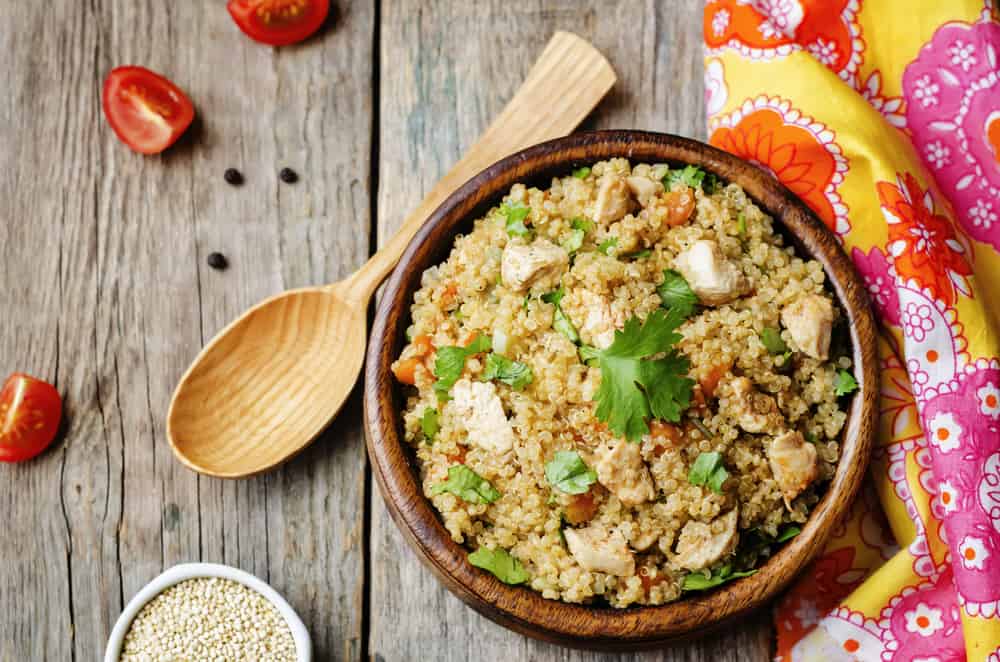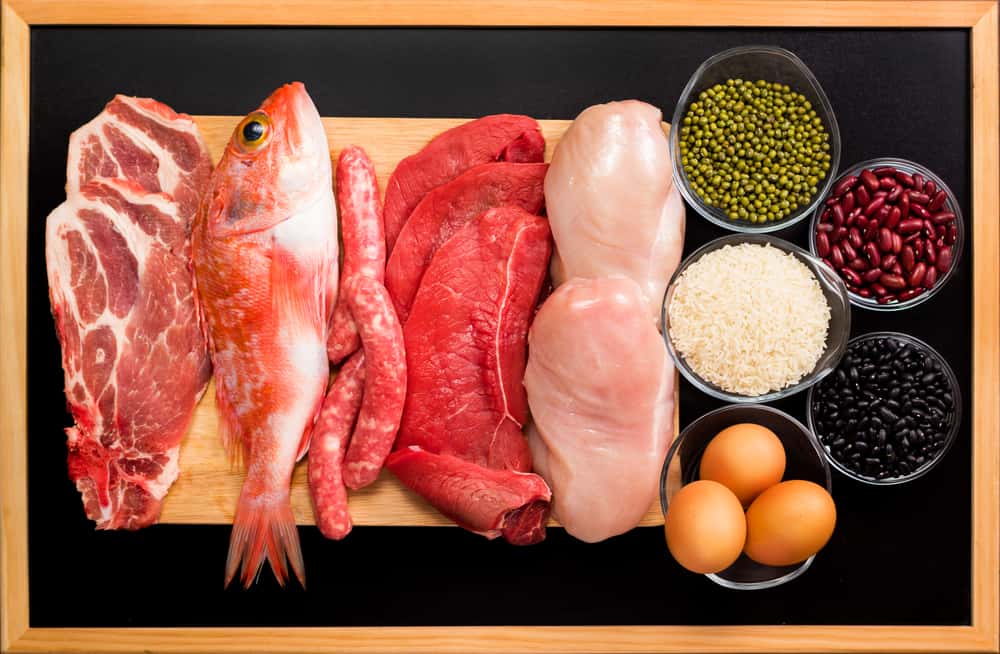Contents:
- Medical Video: Healthy Ways to Sweeten Your Food
- Why are artificial sweeteners better than sugar?
- Various sugar substitutes for diabetes
- 1. Sukralosa
- 2. Saccharin
- 3. Stevia
- 4. Aspartame
- 5. Potassium acesulfam
Medical Video: Healthy Ways to Sweeten Your Food
The most frequently asked question about diabetes is whether diabetics can still consume sugar. Basically, diagnosed with diabetes does not mean you should not enjoy sweet foods and drinks at all. You can, but limit the amount so you don't miss other important nutrients needed by the body. After all, there are now many different sweeteners available to replace sugar for diabetes. You can choose which one best suits your taste and taste.
Why are artificial sweeteners better than sugar?
Pure sugar from sugar cane such as sugar and brown sugar (brown sugar) very quickly absorbed by the body. As a result, consuming too much sugar can increase glucose levels in your blood. To control blood sugar levels, you need to control sugar intake.
Alternatively, people who have or are at risk of diabetes can choose artificial sweeteners. Artificial sweeteners are processed in such a way with chemical manipulation that the levels of calories and carbohydrates are very low or even zero. Therefore, artificial sweeteners will not cause a drastic increase in blood sugar or being overweight such as cane sugar. That way, diabetics can still consume sweet foods and drinks with minimal risk.
Various sugar substitutes for diabetes
There are various types of sugar substitutes for diabetes. The reason is the difference between artificial sweetener products, the different nature and content. You need to look at the types of artificial sweeteners offered on the market. Check out the full information below.
1. Sukralosa
Sukralosa is a type of artificial sweetener that tastes about 600 times sweeter than ordinary sugar. However, don't worry because there is very little sukralosa content that your body will absorb. The calories are so low that these artificial sweeteners are called non-nutritive. Sucralose is easily obtained because there are many that produce these artificial sweeteners, for example Tropicana Slim.
2. Saccharin
Saccharin is a pioneer of artificial sweeteners that has been known for a century. This artificial sweetener tastes 300-500 times sweeter than ordinary sugar. It should be noted, lately there have been many studies that reveal that taking saccharin can cause side effects of being overweight. However, so far the use of saccharine in a reasonable dose is still allowed by the Food and Drug Supervisory Agency (BPOM).
3. Stevia
Stevia is a newcomer to the sugar substitute group for diabetes. This artificial sweetener is extracted from stevia plants that grow in tropical and subtropical countries, one of which is Indonesia. So, don't be surprised if you can find various sweetener products from stevia. Stevia sweeteners are free of calories and sugar making it safe for diabetics.
4. Aspartame
Artificial sweetener aspartame, the calories are very low and sugar free. However, it tastes 200 times sweeter than ordinary sugar. However, BPOM reminds people who have or are at risk of diabetes not to consume aspartame excessively. You should still maintain a limited amount of artificial sweetener consumption, which is 50 milligrams per kilogram of your body weight. That is, if you weigh 50 kilograms, in a day you are not recommended to consume more than 2,500 milligrams or 2.5 grams of aspartame.
5. Potassium acesulfam
One type of artificial sweetener that is often added in packaged food and beverage products in Indonesia is asesulfam potassium or asesulfam-k. According to BPOM recommendations, you should not consume asesulfam-k more than 15 milligrams per kilogram of body weight. If you weigh 50 kilograms, avoid consuming this artificial sweetener more than 750 milligrams per day.

